“I also ask about life dreams”
This is the translation of the interview by Susanne Wagener from Handelszeitung ( https://www.handelszeitung.ch/management/ich-frage-auch-mal-nach-lebenstraumen )
What qualities does a potential candidate need to bring to the attention of executive search specialists like you?
Thomas A. Biland: We start from a profile that requires certain skills. If you have these competencies, if you work in a suitable company, a suitable function and in a certain field of expertise that you have identified through projects, you will inevitably come on this radar.
What are the most important competencies?
The general competencies concern leadership and communication, including social media and international experience. These competencies are always complemented by the factor of your own personality. There are cases where the CV fits, but the personality does not.
How?
Personal competencies include the integrity of a person; we often talk about grounded and engaging personalities and a certain amount of humility. These values have come to the fore in recent years.
How have these demands on candidates changed fundamentally in recent years?
Digital competence is becoming increasingly important. Many companies ask for people who have been involved in digital transformations.
What do managers need to bring along?
Real leadership competence – not just giving orders. The narcissist who puts himself at the centre of things is not accepted by employees today. Rather, people are looking for content and an environment they can identify with, where they can make a difference.
What makes a bad manager?
When a manager puts too much focus on himself, wants to exert too much influence, looks too closely at the employees and tells them how to do their job – that’s called micromanagement. Many managers have become insecure because they fear for their position. They try to overcome this with control, instead of giving employees more responsibility and freedom. However, the situation in SMEs is better in this respect than in large companies.
What advice would you give to someone who wants to become a good boss?
Take on management responsibility as early as possible – even in multicultural environments. That can also be in the boy scouts when they are young. With small steps you can grow and stumble without having to face big consequences. Many young professionals are intellectually driven, looking for interesting tasks, for example in consulting, but they do not manage to get into management positions. Then, at 35 or 40, they realize that they lack this experience.
What kind of positions does your company fill most often?
Board members, managers and strategic specialists are functions that are difficult to find. The market is very dry and we do not always find the candidates in Switzerland. The good people are often not willing to change. In the past, generalists had a chance, but at the moment they tend to have bad cards on the job market. Many companies would like to have a person who has already done exactly the same job elsewhere. This makes the search more difficult. There is not always the openness to hire lateral entrants or people from outside the industry.
What are the most important questions you ask during an interview?
I ask about experiences, reasons for success or difficulties. Also revealing are answers to the question of how someone has dealt with failures. If someone says that they have put their failures away very quickly, I have to ask myself: is this person capable of reflection, is he or she deluding himself or herself?
“Many bosses have become insecure because they fear for their position.”
Are there trick questions to subtly extract the personality?
I have a first impression of the candidate and try to get closer to him with questions of personality and to get a sharper picture. I may well ask a provocative question.
For example?
For example, by addressing someone very directly about a certain behaviour. For example, to a rather soft handshake, which may contrast with the doer qualities that a candidate brings to the fore. An irritated reaction to this does not have to be negative. On the contrary, it can be a sign of reflective ability.
Do you ask questions about strengths and weaknesses?
No, I have had the better experience of asking about things that “drive someone up the wall”. Or what the wife finds most annoying about him. The answers to these questions are often disarmingly honest. It’s okay if someone shows weakness, it depends on whether it is relevant to a position or not. I also sometimes ask about life dreams and destinations.
Bad question from the candidates?
If someone asks about a topic he could have known from the media or that is covered on the company website. I want to feel that candidates are well prepared and have informed themselves about the company, the industry and the company’s position in the market and have dealt with possible challenges. It is a mortal sin to ask detailed questions that do not belong at this level.
Thomas A. Biland studied economics at the University of St. Gallen and received his doctorate with a thesis on “The role of the board of directors in the process of strategic corporate management”. He worked in management positions in the business world before moving to the executive search sector. In 2005 he founded his executive search boutique Dr. Thomas A. Biland Executive Search in Zurich.
His focus is on international direct searches in industry and services.




